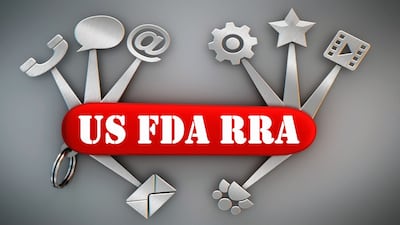Multinational medical device firms, and even those who operate solely in the US, could enjoy a good portion of tax relief from a Republican tax bill now working its way through the Senate and approved by the House Nov. 17. But the last-minute inclusion of a provision that would repeal the Affordable Care Act's individual mandate endangers a full Senate 'yes' vote on the legislation.
The House version of the bill does not contain a repeal of the ACA individual mandate. If such a provision...
Welcome to Medtech Insight
Create an account to read this article
Already a subscriber?








